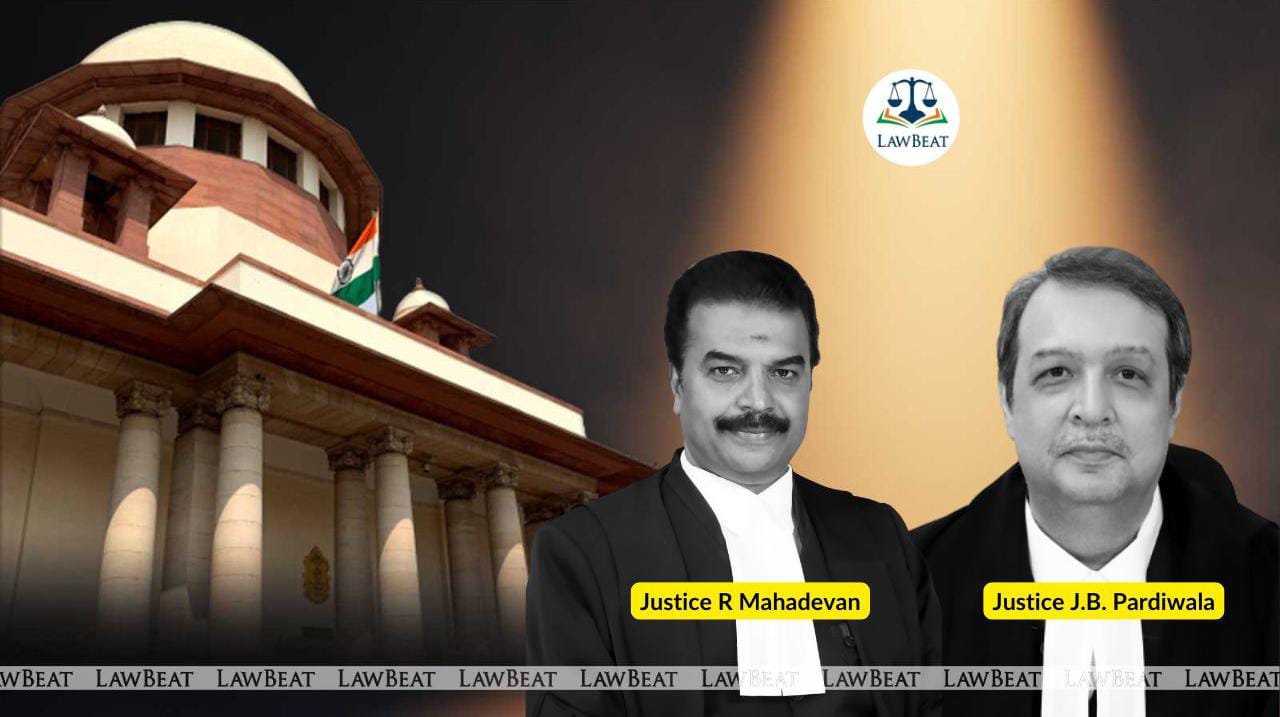SC Criticizes Granting Bail in Serious Offences Post Charge Framing or Victim's Testimony

Court said it is only in the event if the trial gets unduly delayed and that too for no fault on the part of the accused, the court may be justified in ordering his release on bail on the ground that the right of the accused to have a speedy trial has been infringed
The Supreme Court has recently said that the trial court and the High Court should ordinarily be loath in entertaining the bail application of the accused in serious offences like rape, murder, dacoity, etc, once the trial commences and the prosecution starts examining its witnesses.
"Once the trial commences, it should be allowed to reach to its final conclusion which may either result in the conviction of the accused or acquittal of the accused. The moment the High Court exercises its discretion in favour of the accused and orders release of the accused on bail by looking into the deposition of the victim, it will have its own impact on the pending trial when it comes to appreciating the oral evidence of the victim," a bench of Justices J B Pardiwala and R Mahadevan said.
Court further said it is only in the event that the trial gets unduly delayed and that too for no fault on the part of the accused, the court may be justified in ordering his release on bail on the ground that the right of the accused to have a speedy trial has been infringed.
"Over a period of time, we have noticed two things, i.e., (i) either bail is granted after the charge is framed and just before the victim is to be examined by the prosecution before the trial court, or (ii) bail is granted once the recording of the oral evidence of the victim is complete by looking into some discrepancies here or there in the deposition and thereby testing the credibility of the victim. We are of the view that this is not a correct practice that the courts below should adopt," the bench said.
Court made these observations while dealing with a plea by a woman, challenging the Rajasthan High Court's order of February 12, 2024 granting bail to a man accused of committing gang rape and illegal confinement of her.
The FIR in the case was lodged on September 18, 2023.
The High Court took into consideration some discrepancies emanating between the FIR and the statement of the victim recorded under Section 164 of the Criminal Procedure Code and ordered the release of the accused on bail.
Upon hearing the counsel for the woman and the state, the bench noted, in the case, the victim was yet to be examined. Her mother who, according to the case of the prosecution, was an eye-witness had also not been examined so far.
"The High Court seems to have looked into few discrepancies in the FIR compared to the statement of victim recorded under Section 164 of the Code. This could not have been a good ground to exercise discretion in favour of an accused in a serious offence like rape," the bench said.
At the same time, the bench, however, felt it should not disturb the order passed by the High Court but decided to impose appropriate conditions so as to ensure that the accused do not influence the prosecution witnesses or try to tamper with the evidence in any manner.
"Even while enlarging the accused on bail, the High Court should have been conscious of this fact. The High Court has thought fit to only ask the Respondent No.2 - accused herein to furnish solvent surety of an amount of Rs 50,000 without imposing any appropriate conditions," the bench said.
Directing the accused not to enter the village till the completion of the trial, the bench said, "We wonder if the High Court was made aware of the fact that the victim and her mother as well as both the accused are residing in the very same village".
Court disposed of the special leave petition, clarifying that it had made only prima facie observations, which should not be considered as a final opinion regarding the guilt or innocence of the accused.
Case Title: X Vs State of Rajasthan & Anr
